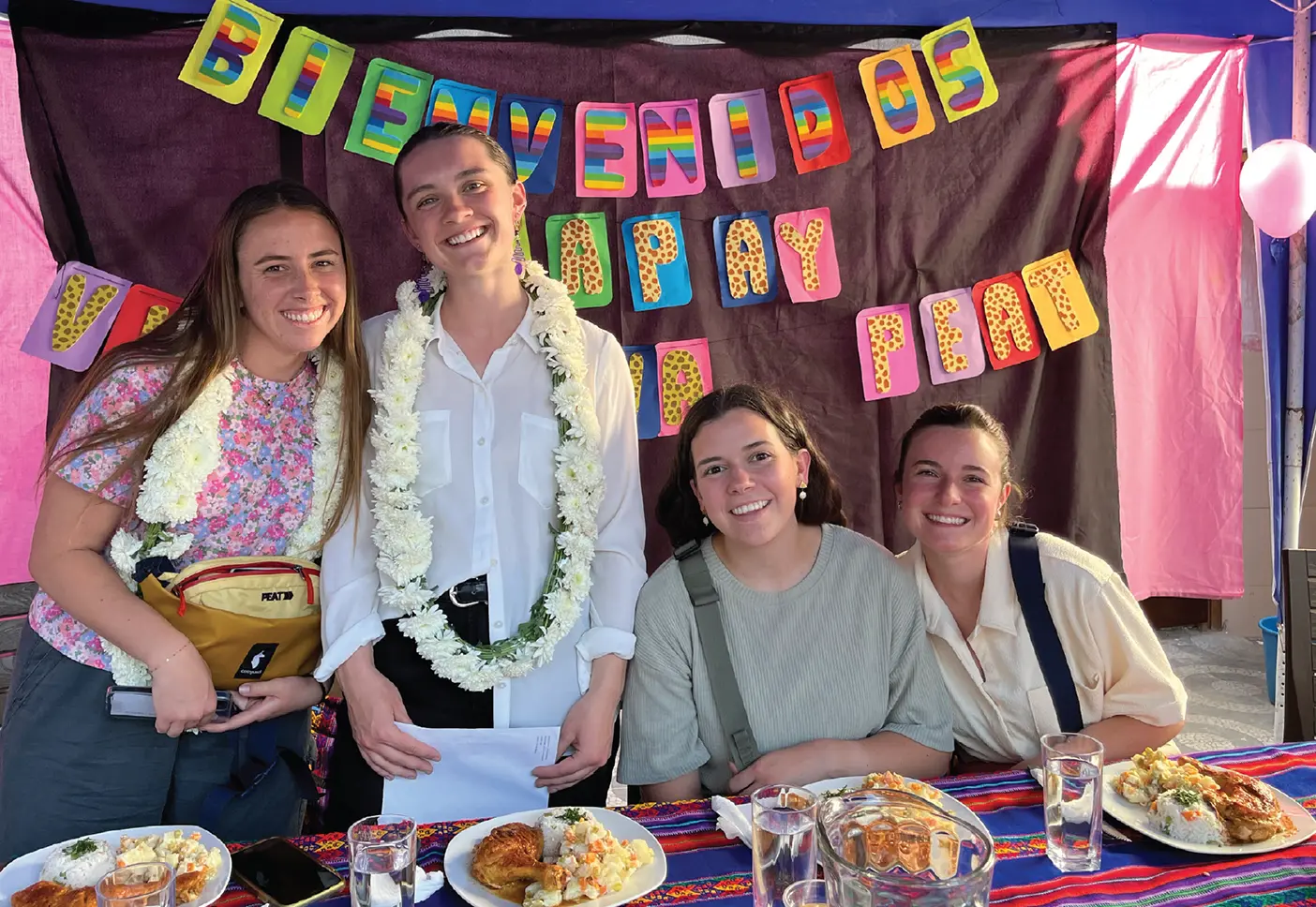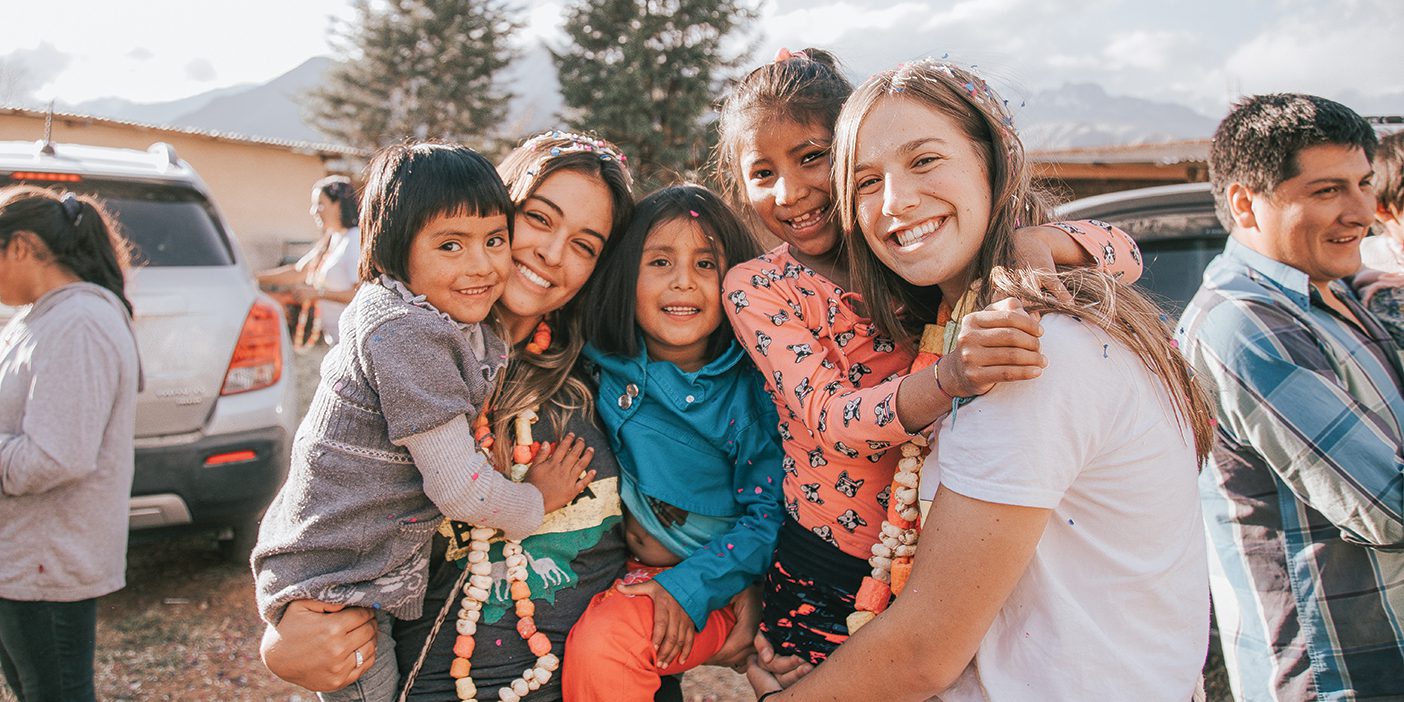
Sociology student Tara Liann Pope (BS ’24) didn’t need to speak Spanish to understand the power of the volunteers at Casa de la Justicias, a Bolivia-based nonprofit dedicated to providing housing and other necessities for women.
“These women . . . were just incredibly powerful people,” she says. “Not necessarily their political position in life, but the choices they were making.”
Pope, along with a handful of other BYU students, spent two weeks in Bolivia in May as part of the Project Evaluation and Assessment Team (PEAT), a program in the sociology department that teaches students how to support global nonprofits. The students evaluated seven Bolivian organizations on behalf of Yapay Bolivia, a US-based nonprofit that provides funding to the Bolivian groups.
“We were really excited to work with PEAT because we have had several mechanisms in place for receiving feedback, but all of those were internal,” says Sara Bybee Fisk (BS ’98), president of Yapay Bolivia. “PEAT is the first external organization that has done that evaluation and given us feedback.”
With the goal “Helping to do development better,” PEAT helps nonprofits ensure resources and efforts are well spent, says Scott R. Sanders (BA ’02), a sociology professor and PEAT’s director. After a year spent training students on data collection, needs assessment, and professional writing, Sanders let the students lead the way in Bolivia.
“We teach them in the class, and then we go out and we help people one-on-one,” Sanders says.
Olivia M. Osguthorpe (’25) worked with Pro Mujer, a group that brings telehealth technology to rural communities in partnership with Yapay Bolivia. After meeting with groups who had suffered domestic violence, disease, and injustice, she found that her work with PEAT brought her closer to the Savior.
“A sociologist understands suffering. A disciple of Christ understands redemption,” she says. “PEAT has made me much more confident in my ability to use my sociological capacities to fulfill my covenant responsibilities.”












